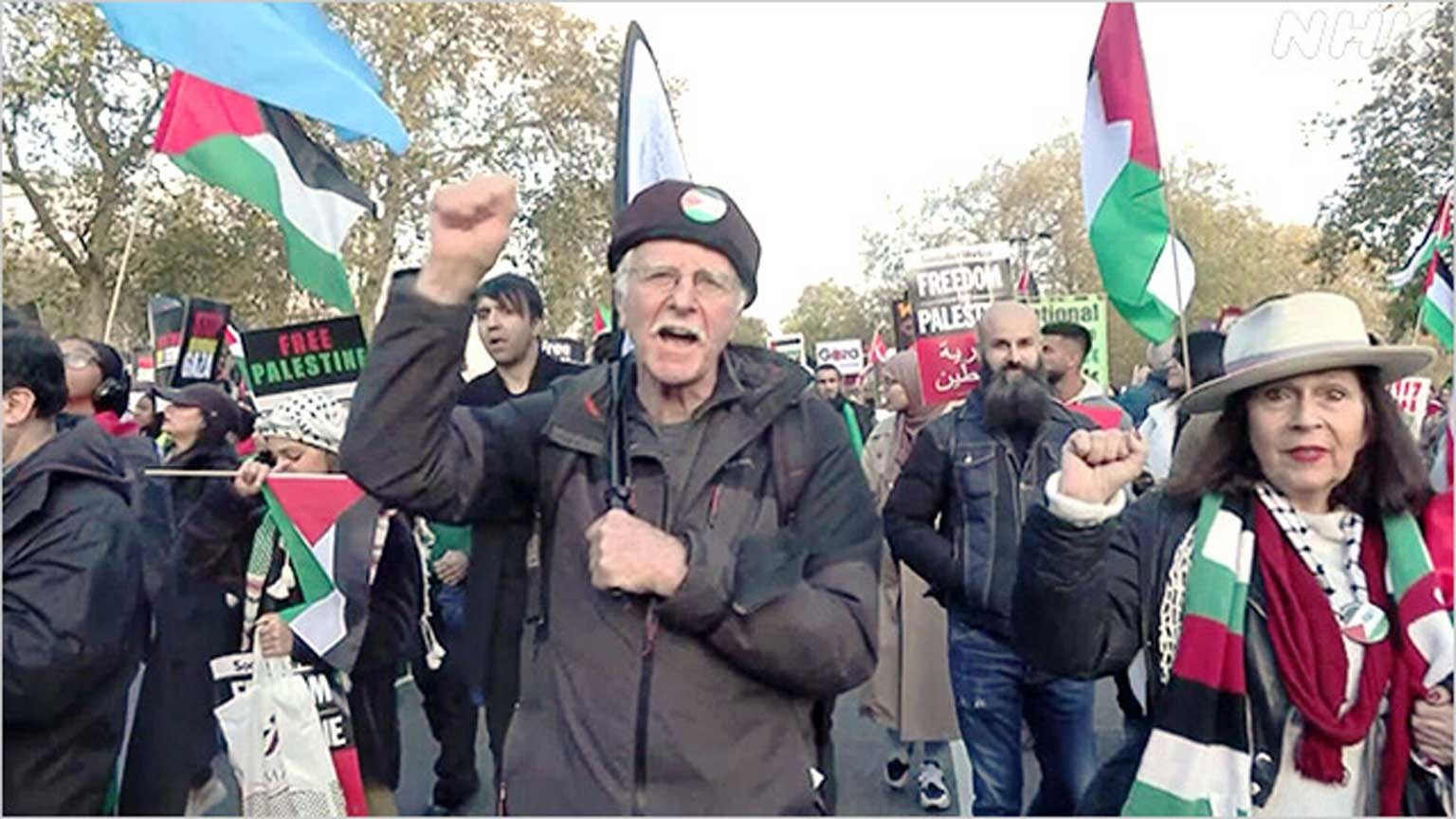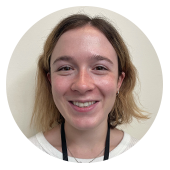Holocaust trauma
"I couldn't possibly support killing people in Gaza because of what was done to my parents," Bresheeth says.
Bresheeth's father weighed only 32 kilograms when he was liberated from a concentration camp in May 1945. If he had been there for another week or two, he may not have survived.
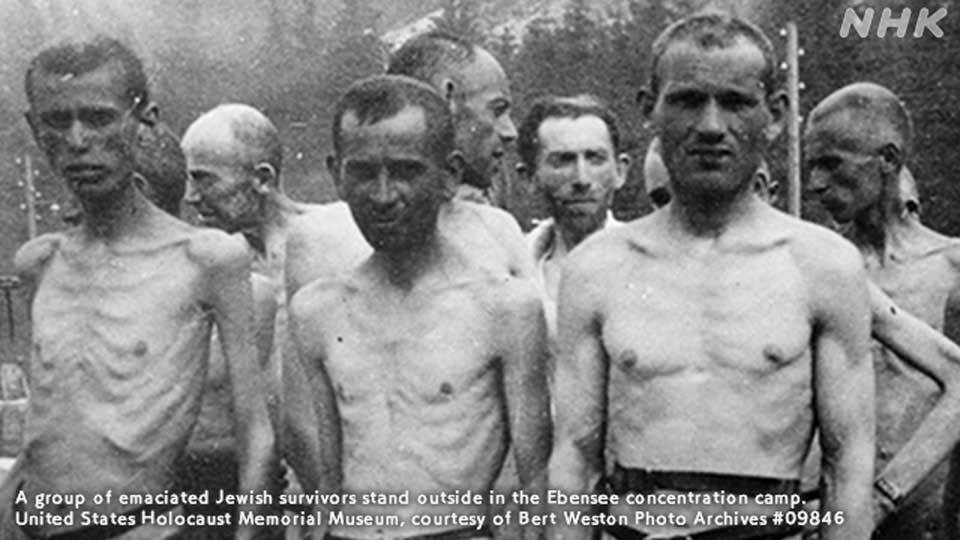
Bresheeth's mother endured a typhoid infection in a concentration camp before she was liberated in April 1945.
Key to their survival was what Bresheeth calls their extraordinary mental strength. To this day, Bresheeth tries to follow their belief that nothing like the Holocaust should ever be allowed to happen again.
"My parents were the only survivors from their town and their families. So they brought up my sister and me to be very sensitive to violence against other people," he says.
A house, not a home
Bresheeth's family moved to Israel in 1948, the year it was established as a nation. They settled in a town south of Tel Aviv.
He described this place as a "survivor town," where Palestinians lived together with Jewish Holocaust survivors.
When they moved into their new apartment, his mother told him that it was not their home. She said that Palestinians had lived in it before the 1948 Israeli Arab War, and that they would return.
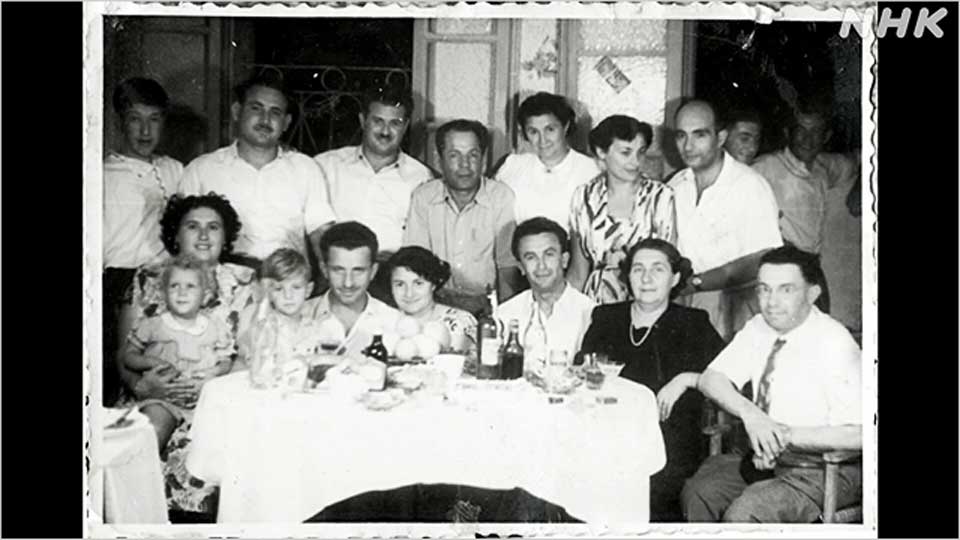
Bresheeth says eight years after they moved in, the Palestinian women and children who once lived there came back.
His family and their visitors gathered around the dining room table and talked about the Holocaust and the first Arab-Israeli war in 1948. Bresheeth's mother told them that she had kept their belongings for them to collect whenever they returned – and hearing this, they all started to cry.
But the Palestinians were only able to visit from Gaza that one day due to the ongoing 1956 Arab-Israeli War. Bresheeth says he never saw them again.
"So this event when I was 10 was probably the most important event in my life because I now knew that these people are not my enemies," he says.
Becoming a pacifist
JNP members hold different views than those of many in the Jewish community—who, Bresheeth says, typically support the actions of Israel unconditionally. Members have often become more critical of Israel than they were earlier in their lives.
As a younger man, Bresheeth also wanted to be like other Israelis, and he aspired to join the army. However, once he fully understood the military's role, he decided to become a pacifist.
He unsuccessfully tried to avoid conscription and was eventually employed as a communication officer, a non-combat position.
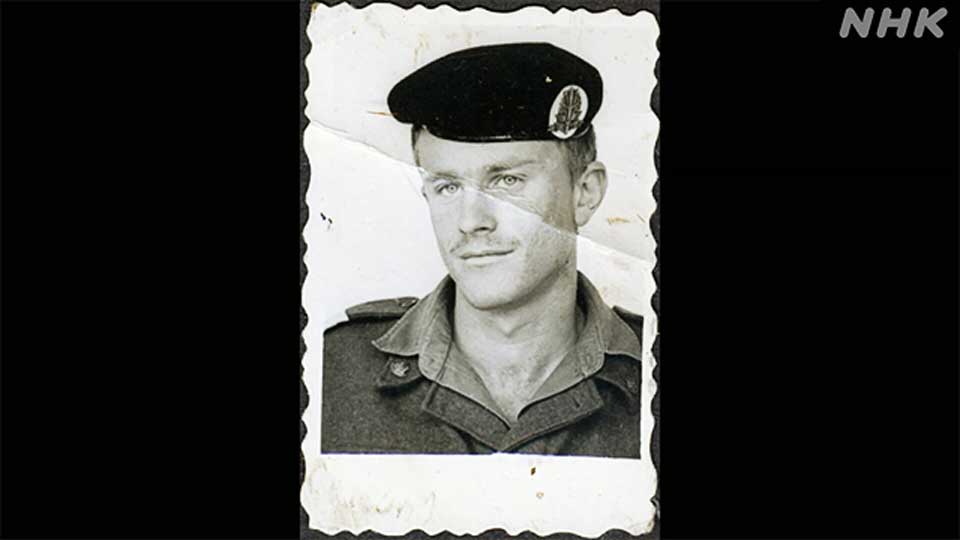
Later, Bresheeth learned that his father had also refused to fight in the army back in 1948, when he had only recently survived the concentration camps.
By the early 1970s, Bresheeth had moved to London to study at the Royal College of Art and joined an activist group there.
Fifty years later, he has not stopped campaigning for change in Palestine and Israel, and he teaches students about the subject at the School of Oriental and African Studies (SOAS) in London.
Activism since October 7
Bresheeth says on October 7 he received a distressing call from his sister in Israel about the Hamas attack.
He does not believe that military action will solve anything, and instead wants progress in peace negotiations in the region.
JNP members have been campaigning throughout the conflict, and have joined demonstrations in London alongside tens of thousands of others calling for a ceasefire.
The group has gained visibility on social media, with multiple people asking to take photos with JNP members. A member said that at one demonstration, five Muslim women came up to him to thank him for being there.
David Cannon, the JNP chair, says, "I think people really value seeing a Jewish presence on the march," and adds that the organization "would be nothing" without Bresheeth.
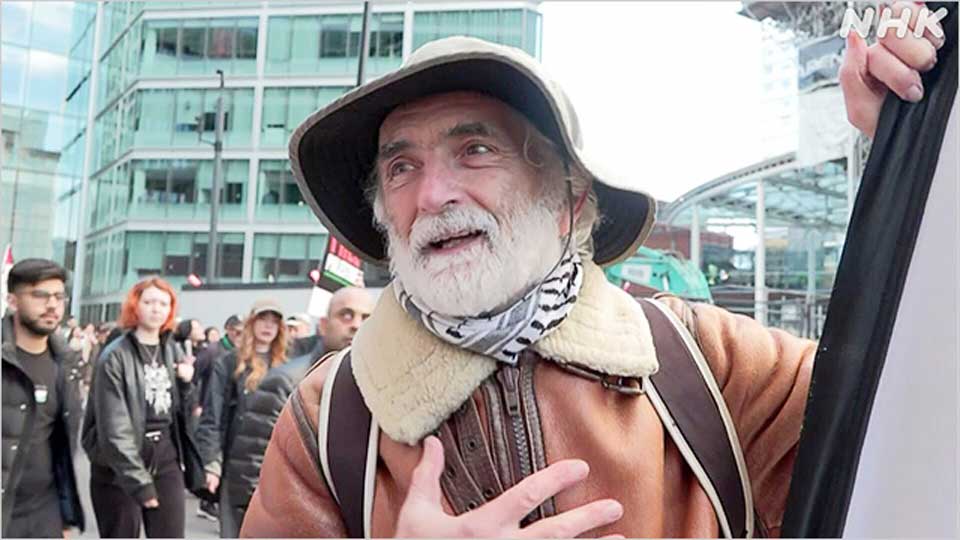
JNP member Claire Sultan says, "Due to the steadfastness of Professor Haim and others' efforts, we can continue to campaign and educate the public."
Since October, 25 new members have joined the group.
Noah Williams, a British Jewish man in his twenties, met Bresheeth at an event in the south of England.
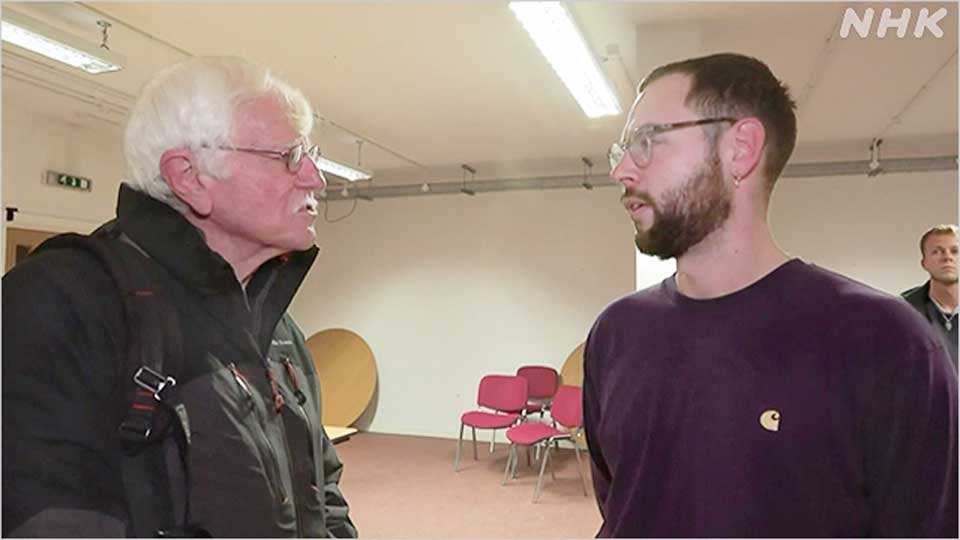
"I found it inspiring to hear a Jewish person speaking so strongly about the situation because I've not necessarily grown up around other Jewish people with those opinions," Williams says.
Bresheeth and JNP have the same clear goal. After the event, he asked, "We are coming with a message of peace and living together. What is wrong about that?"
After witnessing numerous historical events and campaigning for over half a century, Bresheeth believes people should not only come up with short term responses, but also work toward long-term solutions. He remains hopeful for a better future, and he wants to convince others that change is possible.
